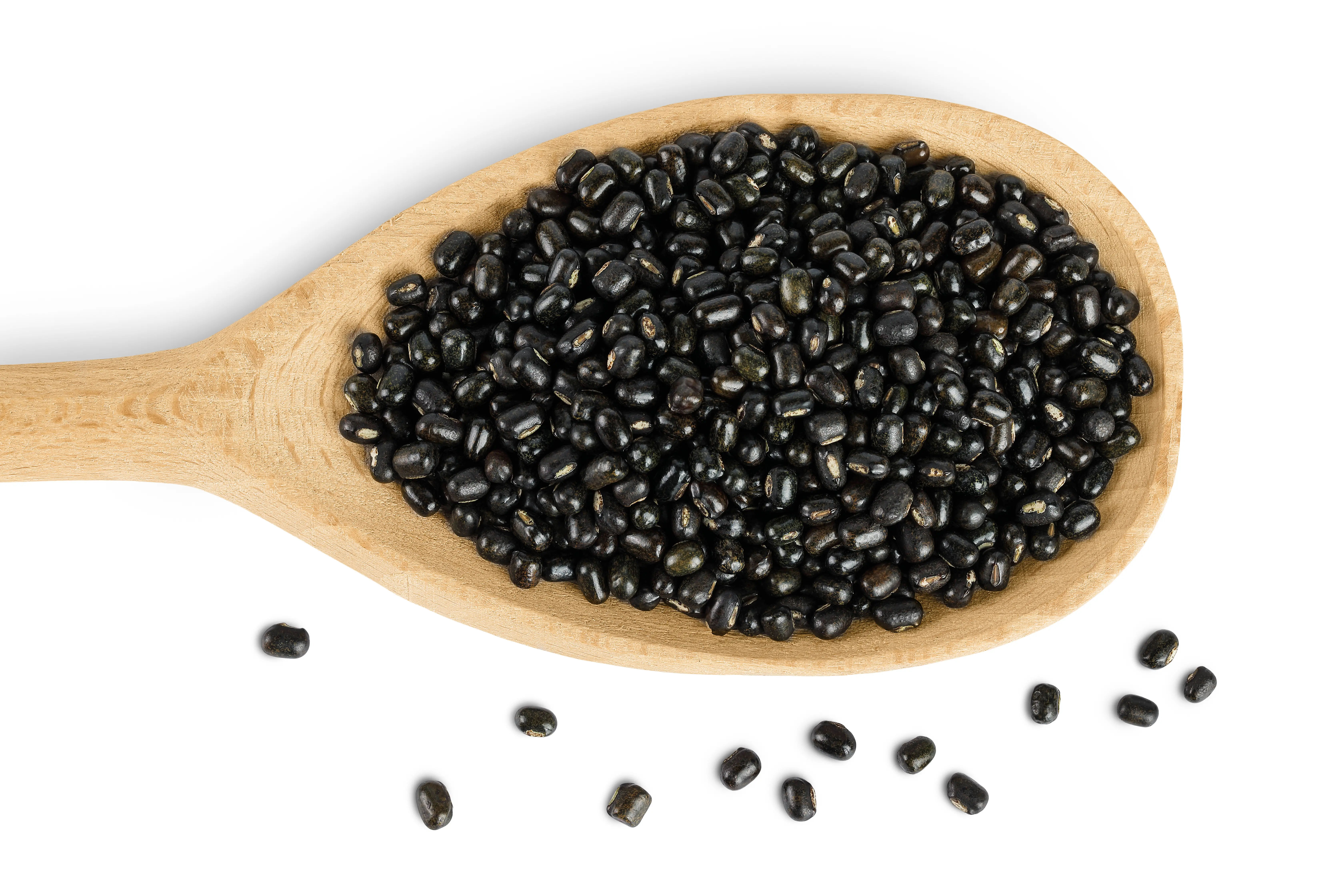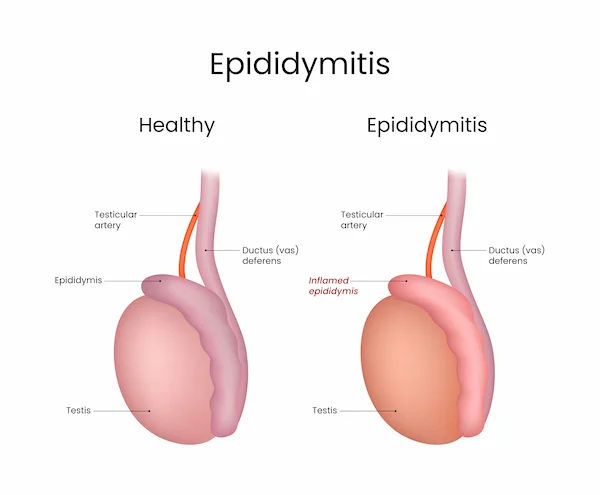Green Coffee: Benefits, Uses, and Weight-Loss Effects
Curious about green coffee benefits? See if this fat-burning drink supports weight loss, how to use it safely, and what science really says.

Written by Dr. Dhankecha Mayank Dineshbhai
Reviewed by Dr. Rohinipriyanka Pondugula MBBS
Last updated on 13th Jan, 2026

Introduction
Green coffee—the unroasted form of traditional coffee beans—has become a popular topic across wellness platforms, often promoted as a natural solution for weight loss and metabolic health. You may have seen advertisements calling it a “fat-burning drink,” or claims describing it as a simple shortcut for losing weight without changing your diet or lifestyle. Understandably, this raises questions about what is fact, what is marketing, and what the research actually supports.
This expanded guide breaks down what green coffee is, how it differs from regular roasted coffee, what science suggests about its potential benefits, and how to use it safely. It also offers practical, evidence-aligned advice for healthy weight management—guidance that remains relevant whether or not you choose to include green coffee in your routine.
Consult a Top Nutritionist for Personalised Advice
What Is Green Coffee?
Green coffee beans are simply the beans taken from coffee plants before they undergo roasting. Because the roasting process is skipped, green coffee retains certain plant compounds—especially chlorogenic acids—that decline with heat. It also contains naturally occurring caffeine.
Key points:
Unroasted vs. roasted:
- Roasting significantly changes the flavour, aroma, and colour of coffee beans.
- Unroasted beans maintain higher levels of chlorogenic acids and taste more herbal, mild, and
- earthy compared to the rich, roasted flavour of regular coffee.
Active compounds:
- Chlorogenic acids and caffeine are the primary components often highlighted.
- Chlorogenic acids are antioxidants that may influence glucose handling and fat metabolism, though human results are inconsistent.
- Caffeine contributes to alertness and may temporarily increase energy expenditure.
Forms available:
- Brewed beverages made from green coffee beans.
- Instant green coffee powders.
- Dietary supplements labelled as “green coffee bean extract” are usually more concentrated in chlorogenic acids.
Green Coffee Benefits: What Science Says
Green coffee benefits are often portrayed as dramatic or fast-acting. In reality, research is mixed, often limited in duration, and varies widely in quality. Below is what current evidence cautiously suggests.
Potential Weight-Loss Effects
The potential weight loss effects include:
What the evidence shows:
Some small, short-duration studies have reported modest reductions in body weight or fat mass when green coffee extract is used alongside healthier habits.
- However, many of these studies have limitations, including small sample sizes, short timelines, varying extract strengths, and inconsistent results.
- Larger, high-quality human studies are needed before firm conclusions can be drawn.
Not a magic bullet:
- There is no strong evidence that green coffee alone can produce substantial or lasting weight loss.
- Sustainable weight changes are driven by daily habits—nutritious eating, regular exercise, consistent sleep, and stress management.
How it might work (theoretical mechanisms):
- Chlorogenic acids may slightly influence carbohydrate absorption or glucose metabolism.
- Caffeine may temporarily affect appetite or energy expenditure.
- These effects are often modest and may not translate into noticeable fat loss for many users.
Other Possible Health Effects
Blood sugar:
- Some preliminary studies suggest green coffee may affect post-meal blood sugar responses.
- Those with diabetes or prediabetes must never adjust medication without speaking to a clinician.
Blood pressure and heart rate:
- Caffeine can temporarily elevate heart rate and blood pressure in some individuals.
- Findings on the effects of chlorogenic acids on blood pressure are mixed.
Antioxidants:
- Green coffee contributes antioxidant compounds, though the practical long-term impact compared with an overall balanced diet is unclear.
- Diets rich in plant foods naturally provide antioxidants in more meaningful amounts.
Bottom line on benefits:
- Green coffee may offer small, short-term effects for some people.
- Marketing claims calling it a powerful fat-burning drink are overstated.
- If used at all, it should be part of broader healthy lifestyle habits, not a replacement for them.
How to Use Green Coffee Safely?
Tips to use green coffee safely
No standard dose:
- There is no universal recommended dose for green coffee or chlorogenic acids.
- Products differ significantly in strength and purity. Follow product labels and seek guidance if unsure.
Choose quality:
Select supplements that undergo independent third-party testing to reduce risks of contaminants or inaccurate labelling.
Start low, go slow:
- Those who are sensitive to caffeine should begin with a small amount and monitor how they feel.
- Avoid taking green coffee late in the day to protect your sleep cycle.
Brewed vs. extract:
- Brewed green coffee offers a less concentrated form of chlorogenic acids.
- Extracts are more potent but may carry a higher risk of side effects due to caffeine and concentration variance.
Is Green Coffee Really a “Fat Burning Drink”?
Let us see the details of whether coffee is a fat-burning drink:
Reality check:
- No beverage burns fat in a way that replaces the fundamentals of weight management.
- Weight loss occurs when regular lifestyle habits create a calorie deficit, combined with adequate movement and balanced eating.
Helpful long-term habits:
- Eat mostly whole foods—vegetables, fruits, whole grains, beans, lean proteins, and healthy fats.
- Move regularly through walking, strength training, and enjoyable activities.
- Prioritise good-quality sleep and stress-management routines.
- Reduce high-calorie drink additives such as sugary syrups, flavoured creamers, and sweetened beverages.
Practical Tips for Healthy Weight Management (With or Without Green Coffee)
Make protein and fibre your allies:
- Include protein sources like eggs, tofu, yoghurt, beans, or fish.
- Add fibre from vegetables, fruits, legumes, and whole grains to support fullness and digestion.
Hydrate smartly:
- Choose water, herbal tea, unsweetened drinks, or black coffee.
- Limit sugary beverages that add calories without improving satiety.
Build movement into your day:
- Regular activity is key—walking counts, and strength training supports muscle maintenance.
- Small bouts of movement, such as stretch breaks or stair climbing, can add up.
Be portion-aware:
- Use smaller plates or bowls to reduce mindless overeating.
- Pre-portion snacks rather than eating from large packets.
Keep a routine:
Consistent eating patterns and sleep routines help regulate appetite and support better choices.
Track what matters:
- Some find tracking meals, steps, or workouts helpful.
- Choose methods that are sustainable and not overly restrictive.
Who Should Avoid or Be Cautious with Green Coffee?
Be cautious with green coffee in the following situations:
Pregnancy and breastfeeding:
- Added caffeine from supplements is usually not recommended.
- Always discuss with an obstetric or paediatric clinician.
Children and teens:
- Weight-loss supplements and added caffeine are inappropriate for young people.
Heart, blood pressure, and anxiety conditions:
- Caffeine may increase heart rate, blood pressure, or anxiety symptoms.
Diabetes or glucose concerns:
- Green coffee may alter glucose responses.
- Monitor closely and discuss with a clinician before use.
Gastrointestinal conditions or reflux:
- Caffeine may worsen heartburn, nausea, or digestive upset.
Medications:
- Caffeine and plant compounds may interact with various medicines.
- Check with a pharmacist or clinician before use.
Possible Side Effects and Interactions
Common side effects (often related to caffeine):
- Jitteriness or nervousness
- Difficulty sleeping
- Stomach upset or diarrhoea
- Headaches
- Rapid heartbeat
- Temporary increases in blood pressure
Important notes:
- People vary widely in caffeine sensitivity.
- Even small amounts of caffeine may cause symptoms for some individuals.
- Long-term safety data on high-dose green coffee extracts are limited.
- Supplement purity and dosage inconsistencies are common across brands.
Buying and Label Tips
What to look for:
- Pick products with independent laboratory testing where possible.
- Avoid supplements that make extreme or unrealistic claims.
- Read labels for caffeine content and levels of chlorogenic acids, if listed.
Alternative:
If you simply want a milder, lower-calorie beverage, brewed green coffee or regular black coffee may be preferable to concentrated extracts.
The Bottom Line
- Evidence for green coffee benefits—especially for weight loss—is modest and inconsistent.
- Green coffee is not a magic fat-burning drink. Sustainable results rely on healthy eating, regular movement, sleep, and stress management.
- Some people may tolerate green coffee well as part of a broader routine. Others—especially those with medical conditions, caffeine sensitivity, or who are pregnant or breastfeeding—should avoid it or seek clinical advice first.
- Supplements vary widely in quality, so careful selection and moderation are key.
Consult a Top Nutritionist for Personalised Advice
Conclusion
Green coffee can be an interesting addition to a balanced diet, but its effects—particularly on weight—are far more modest than promotional claims often suggest. It may provide antioxidants and a mild caffeine boost, yet it cannot replace the core habits that support sustainable weight management. If you enjoy its flavour and tolerate caffeine, it can fit into a healthy lifestyle; however, those with underlying health concerns should consult a clinician before trying supplements. Ultimately, long-term wellbeing comes from balanced eating patterns, daily movement, good-quality sleep, and steady routines—not from any single drink or extract.
Consult a Top Nutritionist for Personalised Advice

Mr Aritra Khan
Dietician
16 Years • PG Diploma in Clinical Nutrition,Doctorate in Public Health & Community Nutrition, Post Doctorate Fellowship in Functional Medicine & Critical Care Nutrition
Kolkata
Samaritan Clinic, Kolkata
(250+ Patients)

Ms. Soma Saha
clinical nutrition
17 Years • B.Sc. - Home Science (Food & Nutrition), M.Sc. - Home Science (Food & Nutrition)
Kolkata
Dr Utsa Basu Clinic, Kolkata
(50+ Patients)
Dr Sumanth R
General Physician
2 Years • MBBS
Bengaluru
PRESTIGE SHANTHINIKETAN - SOCIETY CLINIC, Bengaluru

Ms. Samapti Maity
Dietician
16 Years • MSc. (Clinical Nutrition & Dietitics), NDEP, Course in Maternal Infant Young Child Nutrition.Diploma in Sports Nutrition, Diploma in Diabetic educator, FODMAP Specialist
Kolkata
BIENETRE CLINIC, Kolkata
Dt. Ila Sharma
Clinical Nutritionist
18 Years • Master in food & Nutrition
Gurugram
VIPUL GREENS - SOCIETY CLINIC, Gurugram
Consult a Top Nutritionist for Personalised Advice

Mr Aritra Khan
Dietician
16 Years • PG Diploma in Clinical Nutrition,Doctorate in Public Health & Community Nutrition, Post Doctorate Fellowship in Functional Medicine & Critical Care Nutrition
Kolkata
Samaritan Clinic, Kolkata
(250+ Patients)

Ms. Soma Saha
clinical nutrition
17 Years • B.Sc. - Home Science (Food & Nutrition), M.Sc. - Home Science (Food & Nutrition)
Kolkata
Dr Utsa Basu Clinic, Kolkata
(50+ Patients)
Dr Sumanth R
General Physician
2 Years • MBBS
Bengaluru
PRESTIGE SHANTHINIKETAN - SOCIETY CLINIC, Bengaluru

Ms. Samapti Maity
Dietician
16 Years • MSc. (Clinical Nutrition & Dietitics), NDEP, Course in Maternal Infant Young Child Nutrition.Diploma in Sports Nutrition, Diploma in Diabetic educator, FODMAP Specialist
Kolkata
BIENETRE CLINIC, Kolkata
Dt. Ila Sharma
Clinical Nutritionist
18 Years • Master in food & Nutrition
Gurugram
VIPUL GREENS - SOCIETY CLINIC, Gurugram
More articles from General Medical Consultation
Frequently Asked Questions
What is green coffee, and how is it different from regular coffee?
Green coffee comes from unroasted coffee beans and contains chlorogenic acids alongside caffeine. Roasting reduces these acids and creates the familiar flavour and aroma of regular coffee.
Can green coffee help me lose weight?
It may have small, short-term effects for some people, but results vary, and it is not a standalone weight-loss solution.
Is green coffee safe to use every day?
Moderate caffeine intake is safe for many adults, but sensitivity differs. High-dose extracts are less well studied, so caution is advised, especially if you have medical conditions.
What’s the best time to take green coffee for weight loss?
There is no proven ideal time. Avoid it late in the day to protect sleep. Focus instead on consistent routines that support healthy habits.
Can I use green coffee if I have high blood pressure or diabetes?
Use cautiously and only with medical guidance, as green coffee may affect blood pressure and blood sugar responses.




